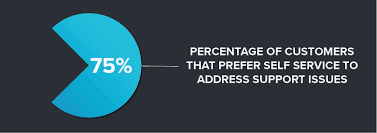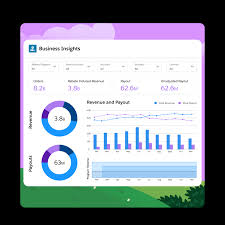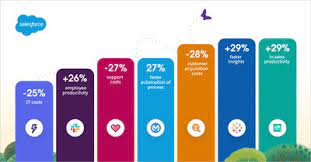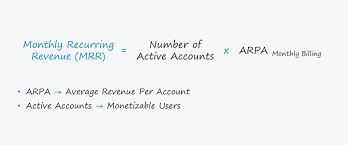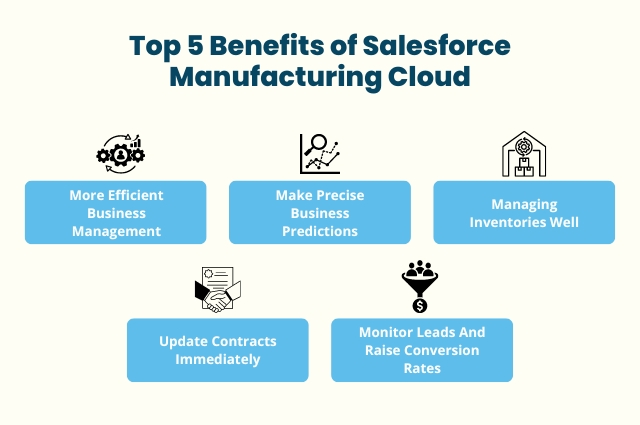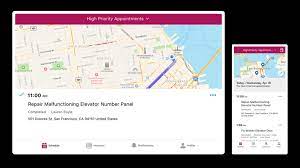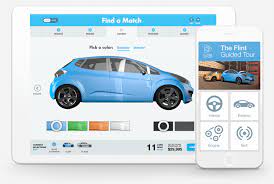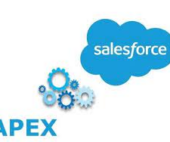When The Customers Prefer Self-Service
Assistance is crucial for complex issues, but for simpler problems, customers typically prefer the convenience of self-service tools like account portals, FAQs, and chatbots. This preference is especially strong among digital natives, such as millennials and Gen Z. However, deploying self-service tools requires careful planning. For instance, over two-thirds of customers abandon a company’s chatbot after a single negative experience, underscoring the importance of a positive initial interaction. Statistics show that 72% of customers use self-service portals, and 55% engage with self-service chatbots. The willingness of nearly half of all customers, including 60% of millennials, to pay more for superior customer service highlights the importance of customer experience in an era of price sensitivity. Customers expect instant responses, creating a scalability challenge for service teams but also an opportunity to offer premium service. Instant responses can set a company apart, as even well-regarded brands often struggle to maintain quick and seamless connections between customers and agents. Self-service platforms must be easily adjustable, not only to address areas needing improvement but also to adapt to changing market demands. Customers now expect proactive service rather than the traditional reactive approach. Despite this, customer service is often perceived as reactive. The time and effort customers spend resolving service issues are significant, especially when service teams are inconsistently trained and equipped, leading to a perception that quality service is a matter of luck. Consistency across channels, devices, and departments is highly valued but often lacking. Many customers find themselves repeating information to different representatives, indicating a fragmented information environment. Poorly integrated technology and processes leave 55% of customers feeling as if they interact with separate departments rather than a unified company. Disconnected experiences are a major source of frustration. Prompt resolution of issues is a top priority for customers, and many find it quicker to search for answers themselves than to contact the company. Self-service not only facilitates quick problem-solving but also empowers customers to address issues at their own pace and learn as much or as little as they wish. In terms of preferences, over 67% of customers prefer some form of self-service over speaking with a representative. Additionally, 73% prefer using the company’s website for support rather than relying on social media, SMS, or live chat apps. Don’t always assume the “latest and greatest” solutions available are the best solutions for your customers. A self-service strategy involves providing customers with tools to resolve their needs independently, reducing the need for representative assistance. Reduce staffing needs and increase speed to answers for customers. Its a win win. However, implementing self-service can face challenges, such as confusing navigation, lack of ongoing attention, inflexibility, failure to incorporate feedback, constraints on users, extra work, lack of human interaction, difficulty in personalization, and the need for continuous analysis and monitoring. Successful self-service integration requires addressing these factors to meet customer expectations. Contact Tectonic for assistance bringing your self-service solutions to your customers. Like1 Related Posts Salesforce OEM AppExchange Expanding its reach beyond CRM, Salesforce.com has launched a new service called AppExchange OEM Edition, aimed at non-CRM service providers. Read more The Salesforce Story In Marc Benioff’s own words How did salesforce.com grow from a start up in a rented apartment into the world’s Read more Salesforce Jigsaw Salesforce.com, a prominent figure in cloud computing, has finalized a deal to acquire Jigsaw, a wiki-style business contact database, for Read more Service Cloud with AI-Driven Intelligence Salesforce Enhances Service Cloud with AI-Driven Intelligence Engine Data science and analytics are rapidly becoming standard features in enterprise applications, Read more

